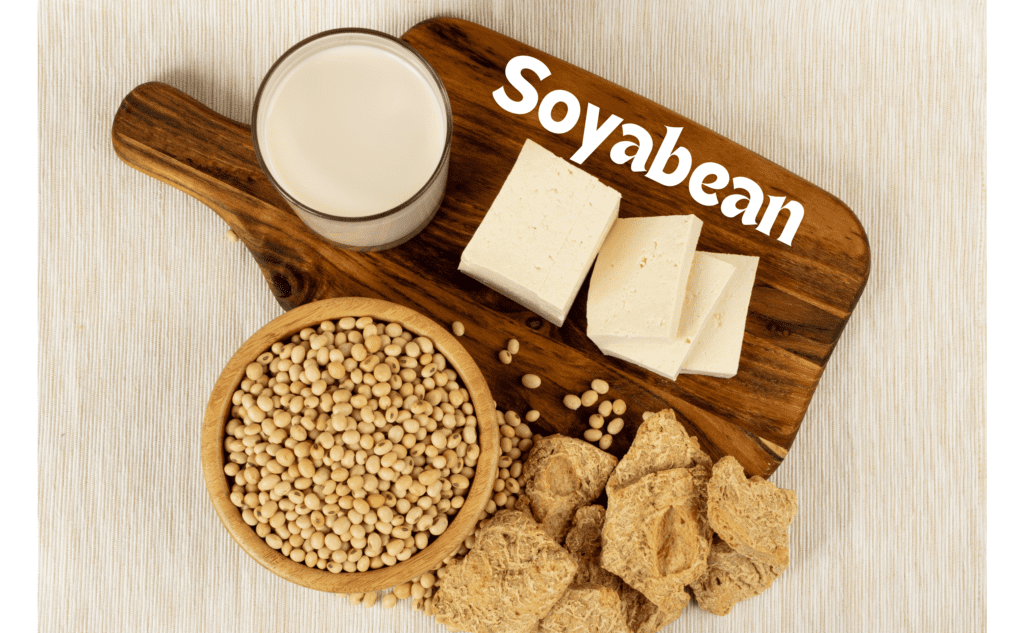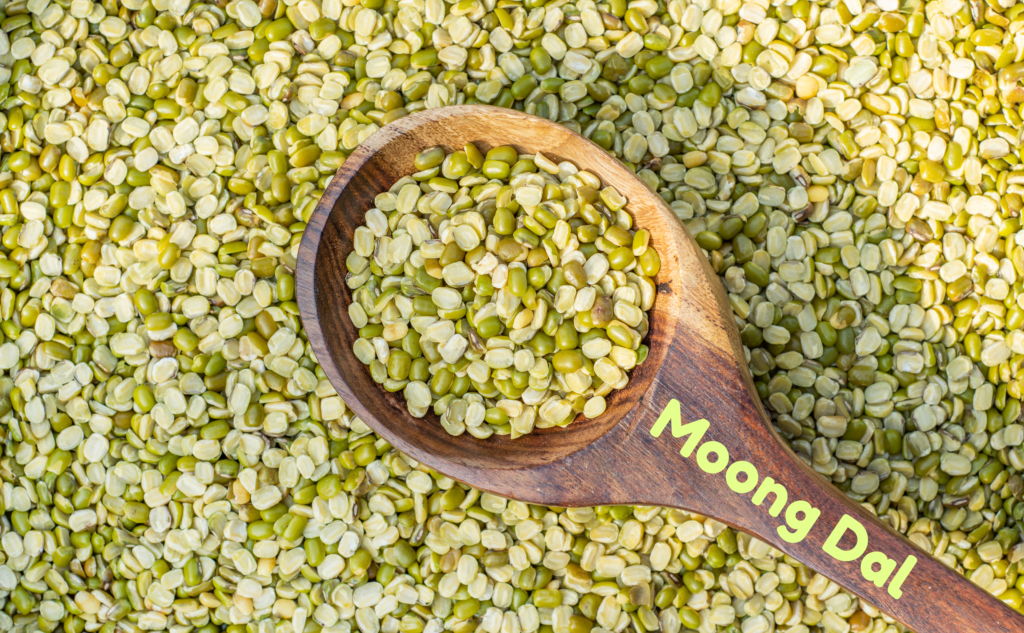Vegan Protein
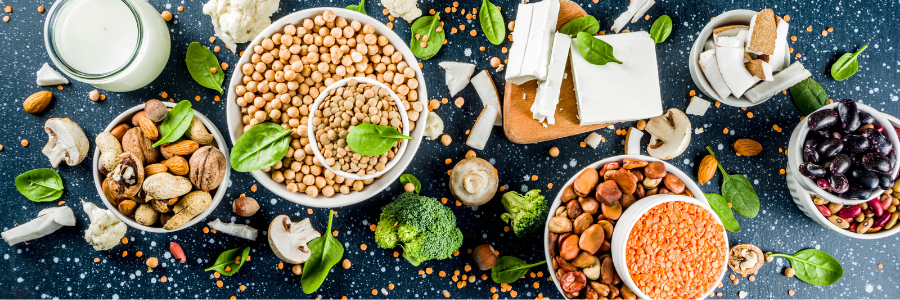
As the plant-based lifestyle continues to gain momentum, one question that often arises is, “Where do vegans get their protein?” Although there are many plant-based sources of protein that are high in this important nutrient, some people may believe that a vegan diet is deficient in this nutrient. In this guide, we’ll explore the top vegan protein sources, their benefits, and how to incorporate them into your daily diet to ensure you’re meeting your protein needs.
Why Vegan Protein Matters
Protein is crucial for muscle repair, enzyme production, and overall bodily function. For vegans, getting enough protein is vital not just for maintaining health but also for supporting an active lifestyle. Fortunately, a well-planned vegan diet can provide all the protein you need without relying on animal products.
Top Vegan Protein Sources
Legumes
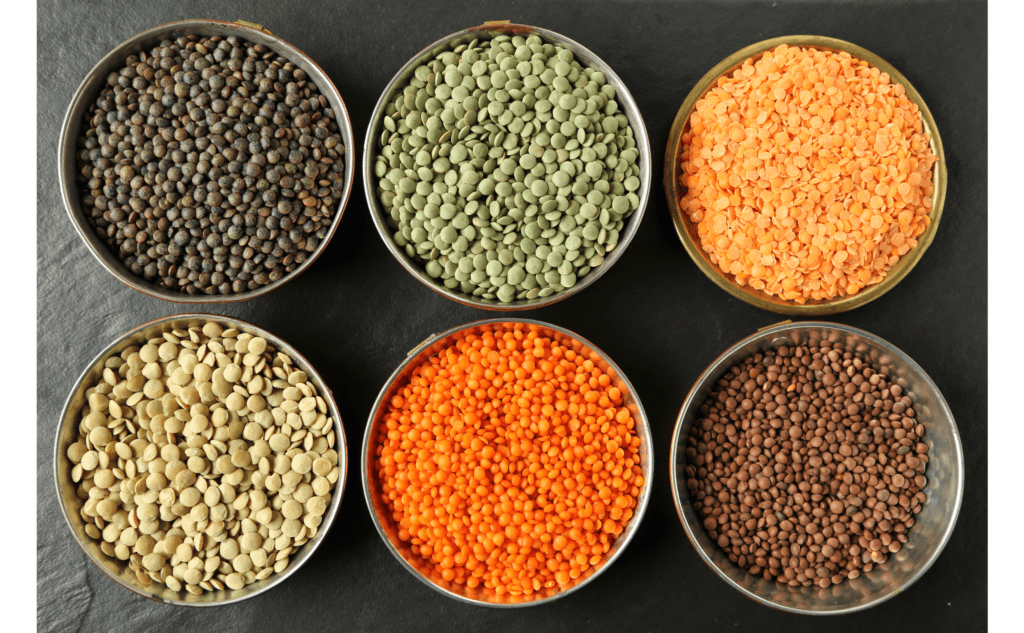
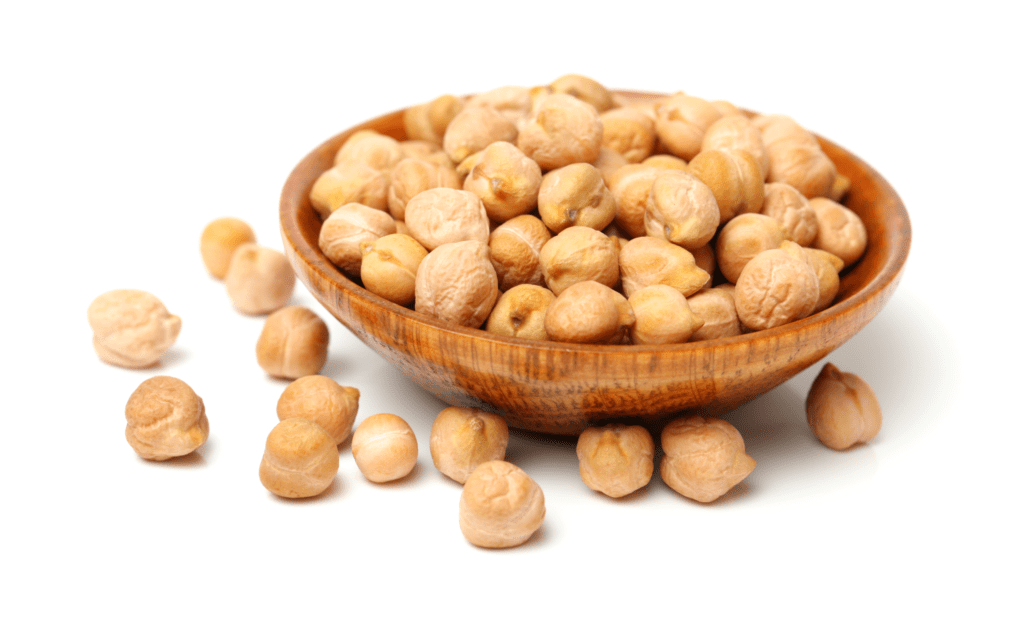
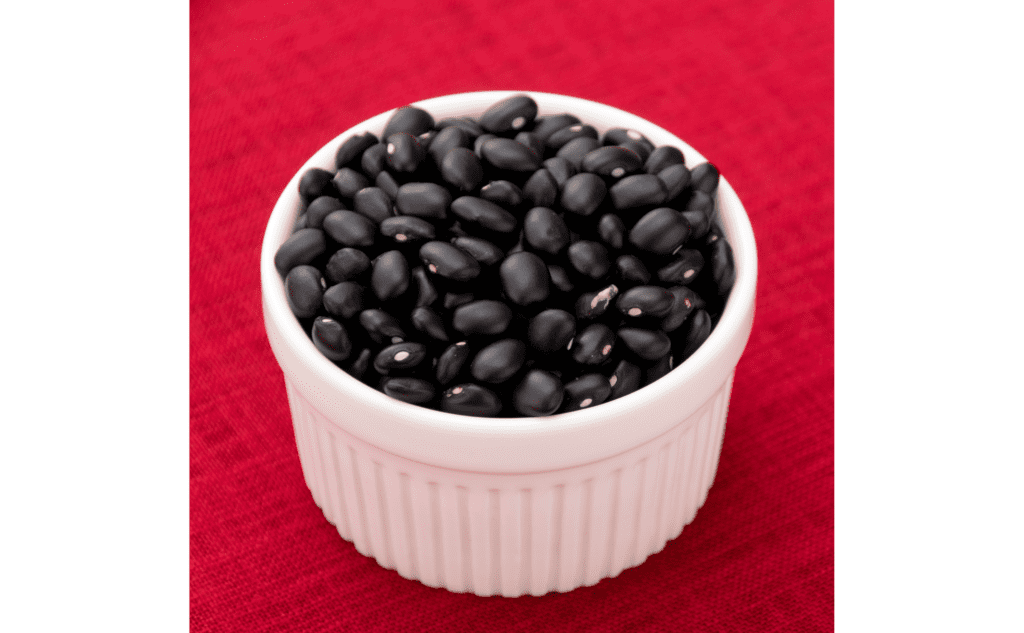
– Lentils: A powerhouse of protein, lentils provide about 18 grams of protein per cooked cup. They’re also rich in fiber and iron, making them a staple in many vegan diets.
– Chickpeas: With 15 grams of protein per cooked cup, chickpeas are incredibly versatile. Use them in salads, soups, or make a delicious hummus
– Black Beans: Offering approximately 15 grams of protein per cup, black beans are great in tacos, stews, and even as a meat substitute in burgers.
Tofu and Tempeh
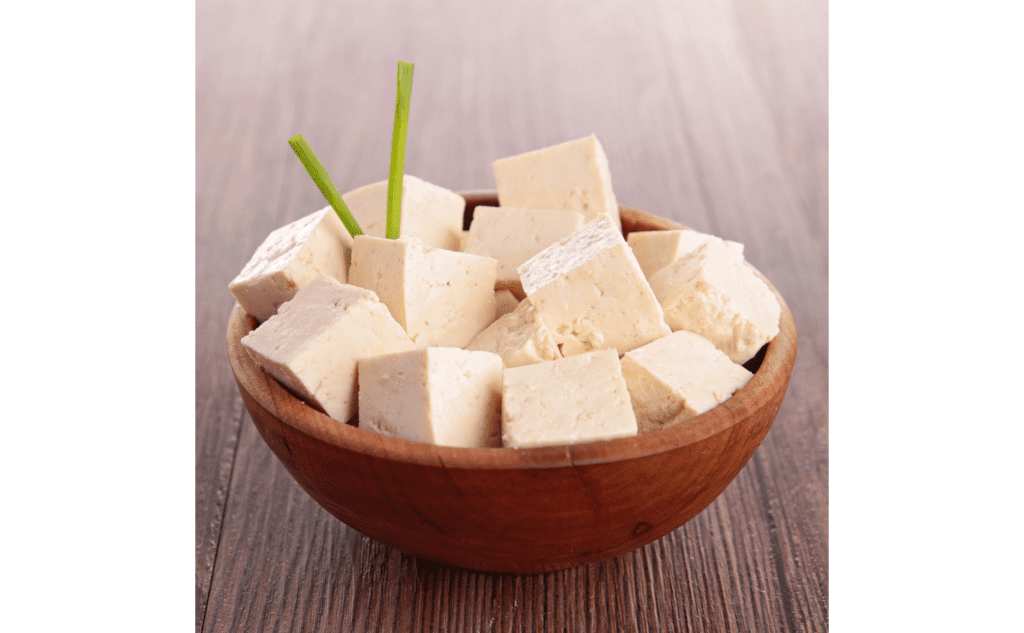
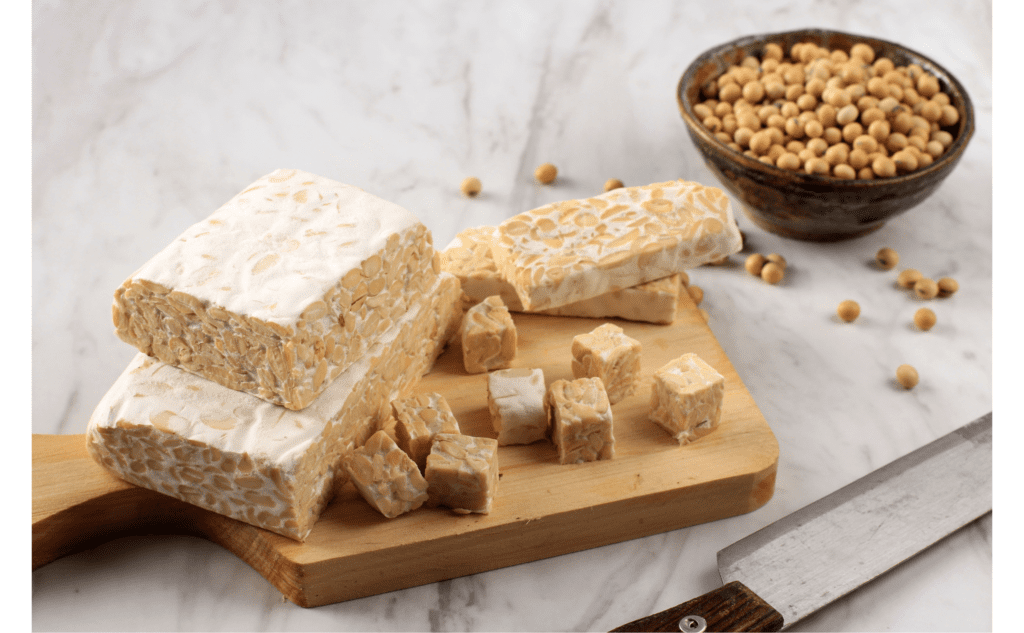
– Tofu: Made from soybeans, tofu is a fantastic protein source, providing about 10 grams of protein per half-cup serving. Its ability to absorb flavors makes it a favorite in many recipes.
– Tempeh: Another soy product, tempeh is fermented and has a nutty flavor. It packs about 30 grams of protein per cup and is excellent for stir-fries and sandwiches.
Seitan
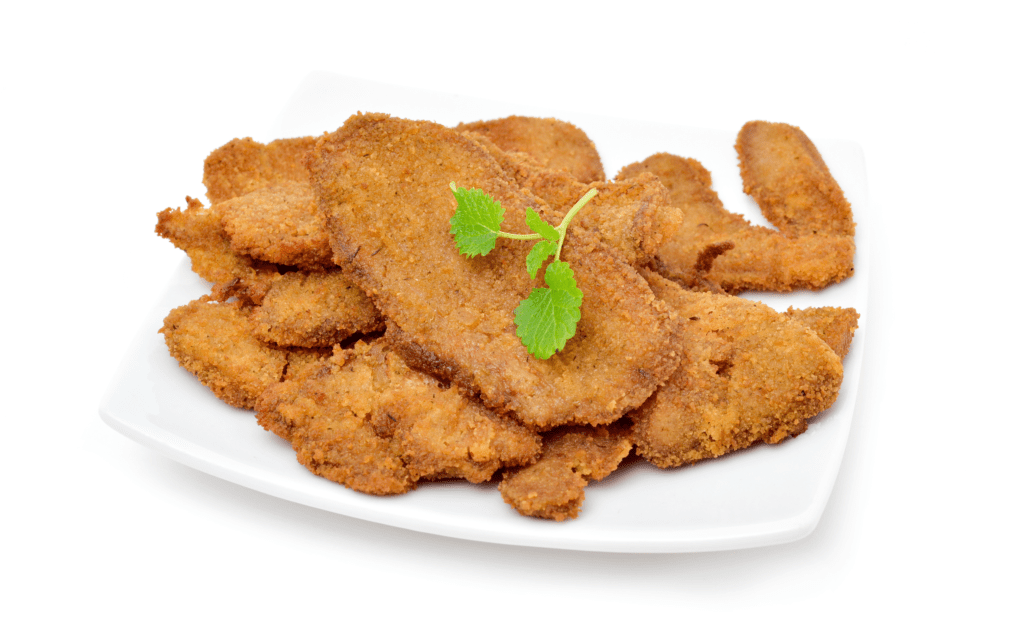
– Seitan : Often referred to as wheat gluten, seitan is a popular meat substitute. It contains around 25 grams of protein per 3.5-ounce serving, making it a dense protein option for vegans.
Nuts and Seeds
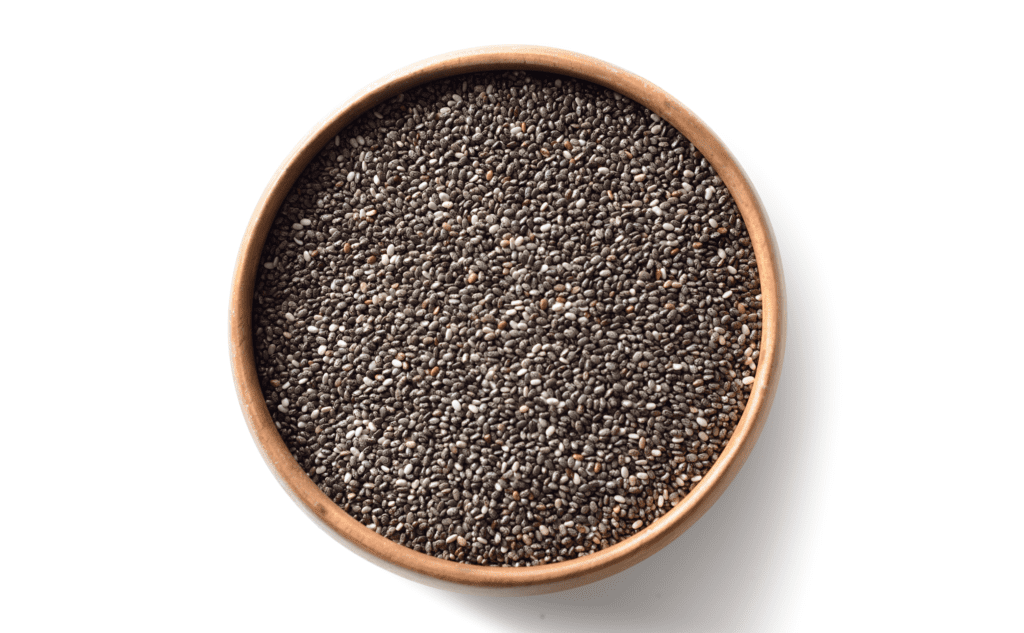
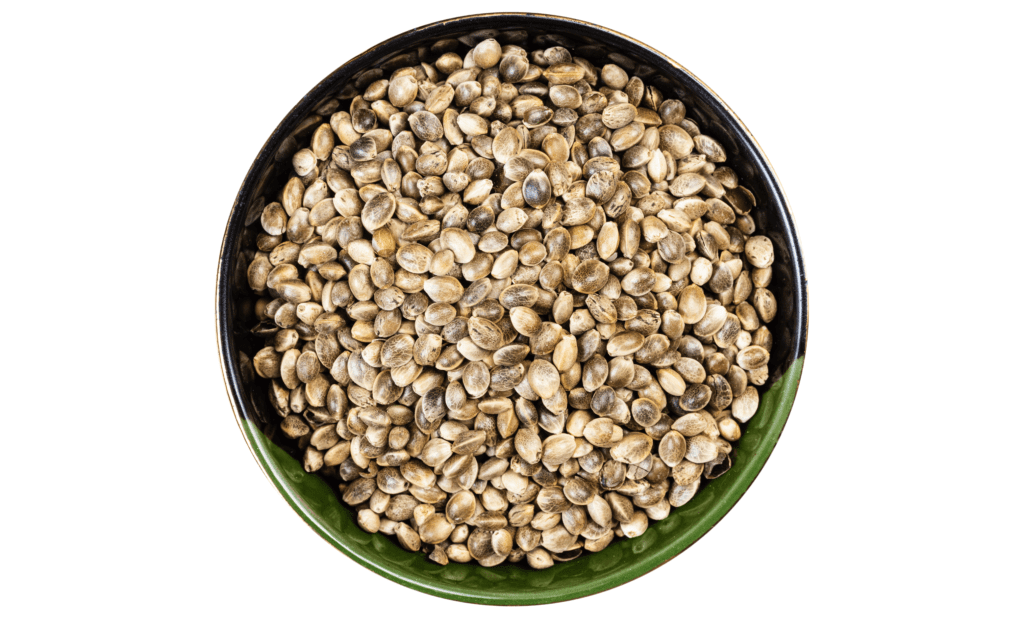
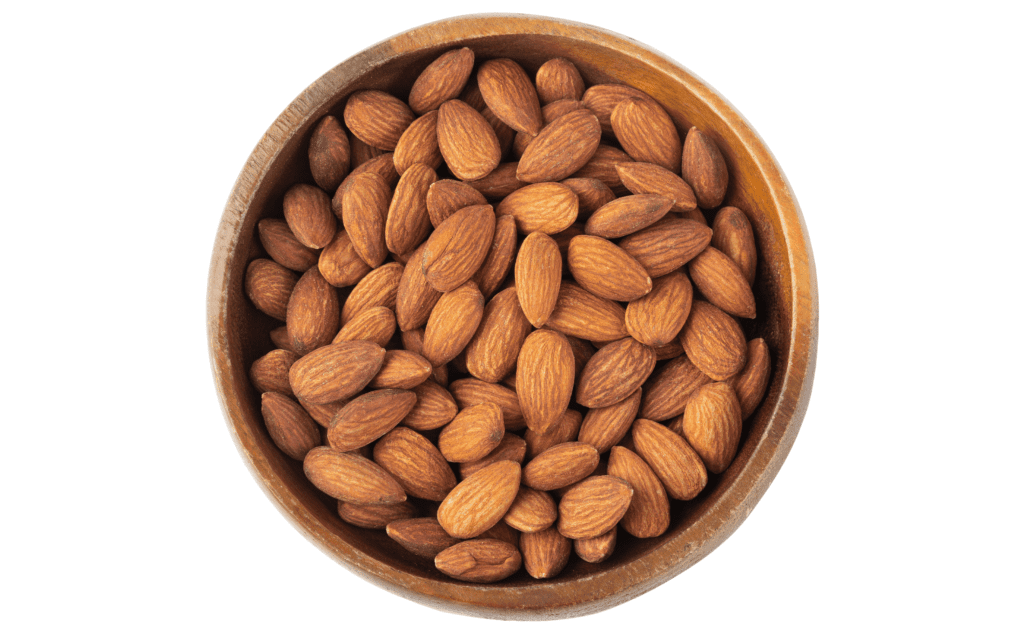
– Chia Seeds: These tiny seeds offer about 5 grams of protein per ounce and are also rich in omega-3 fatty acids. Blend them into yogurt, smoothies, or chia pudding.
– Hemp Seeds: With around 10 grams of protein per ounce, hemp seeds are a complete protein source, meaning they contain all nine essential amino acids. Sprinkle them on salads or blend them into smoothies.
– Almonds: Providing about 6 grams of protein per ounce, almonds are a tasty snack and can be used in various dishes from salads to vegan cheese.
Whole Grains
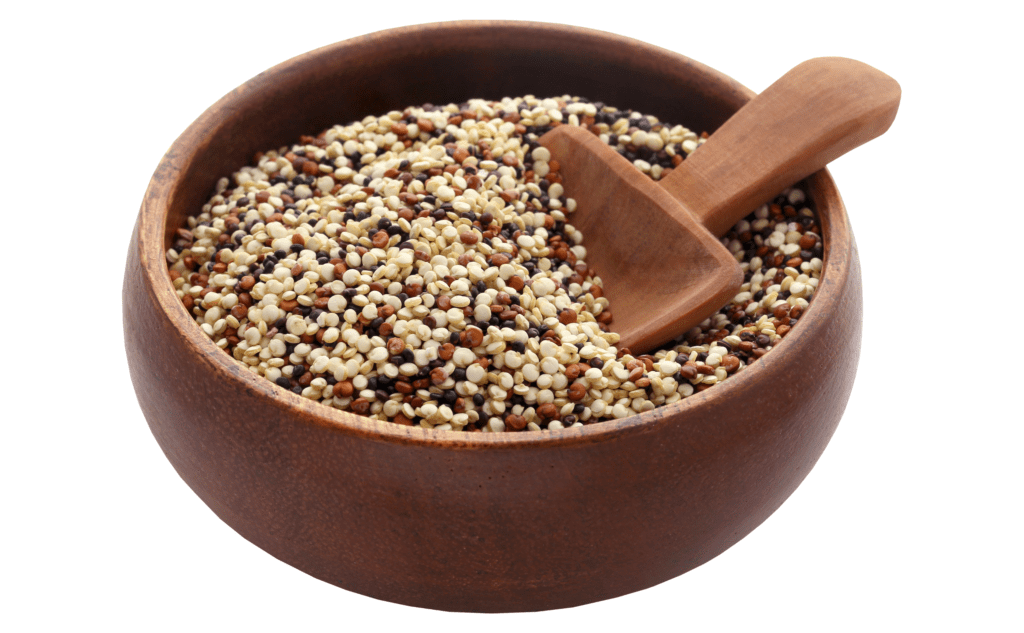
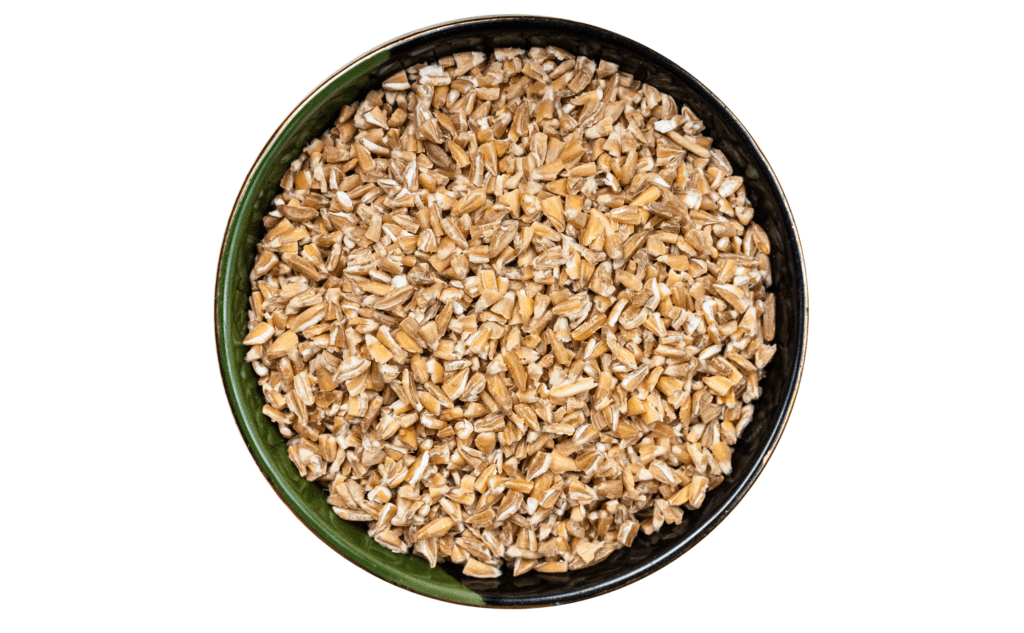
– Quinoa: This pseudo-grain offers about 8 grams of protein per cup and is a complete protein source. Use it as a base for salads or as a side dish.
– Farro: An ancient grain, farro provides around 6 grams of protein per cooked cup and is perfect for hearty salads or as a rice substitute.
Edamame
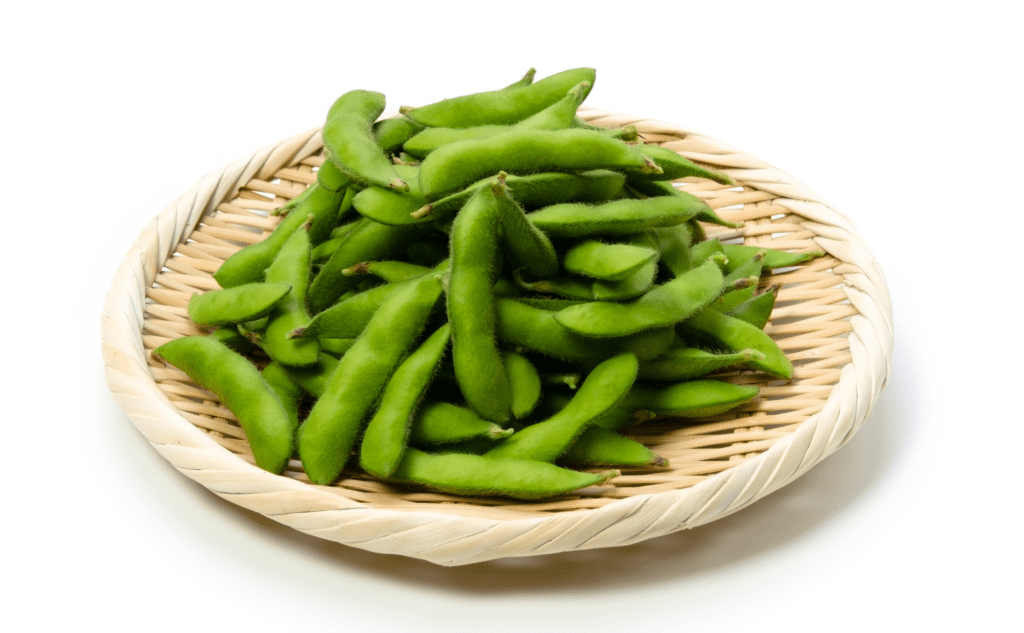
With roughly 17 grams of protein per cup, these young soybeans are a protein powerhouse. They are delicious as a snack or added to stir fries and salads.
Optimize Protein Intake For Vegans
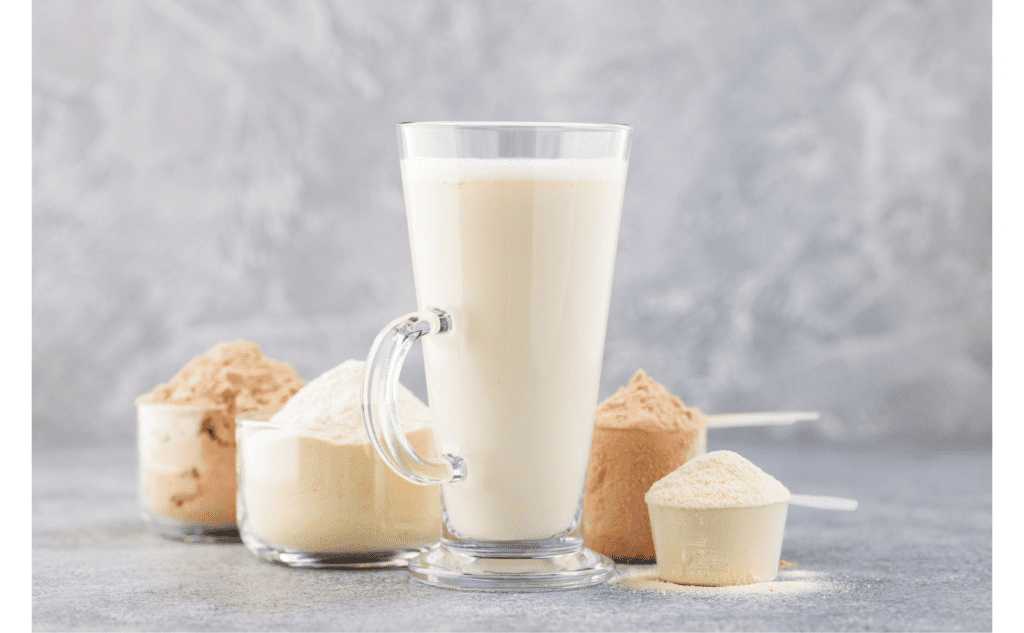
- Combine Sources of Protein: Many plant proteins are incomplete, in contrast to animal proteins. You may make sure you’re getting all the required amino acids by combining different protein sources (such grains and beans).
- Consider Protein Powders: If you’re struggling to meet your protein needs through food alone, plant-based protein powders made from peas, hemp, or brown rice can be a convenient supplement.
- Plan Balanced Meals: Include a variety of protein sources in your diet to cover all your nutritional bases. A well-rounded plate might include tofu stir-fry with quinoa, a chickpea salad, or lentil soup.
- Monitor Your Intake: Keep track of your protein intake, especially if you’re very active. Apps or food journals can help ensure you’re getting enough protein throughout the day.
Conclusion
A vegan protein diet can absolutely provide all the protein your body needs, thanks to the abundance of plant-based protein sources available. By incorporating a variety of legumes, tofu, tempeh, nuts, seeds, whole grains, and edamame into your meals, you’ll be well on your way to meeting your protein needs and enjoying a balanced, nutrient-rich diet.
So, the next time you hear someone question the protein content in a vegan protein diet, you can confidently share that with a thoughtful approach, plant-based proteins can be both plentiful and powerful.











